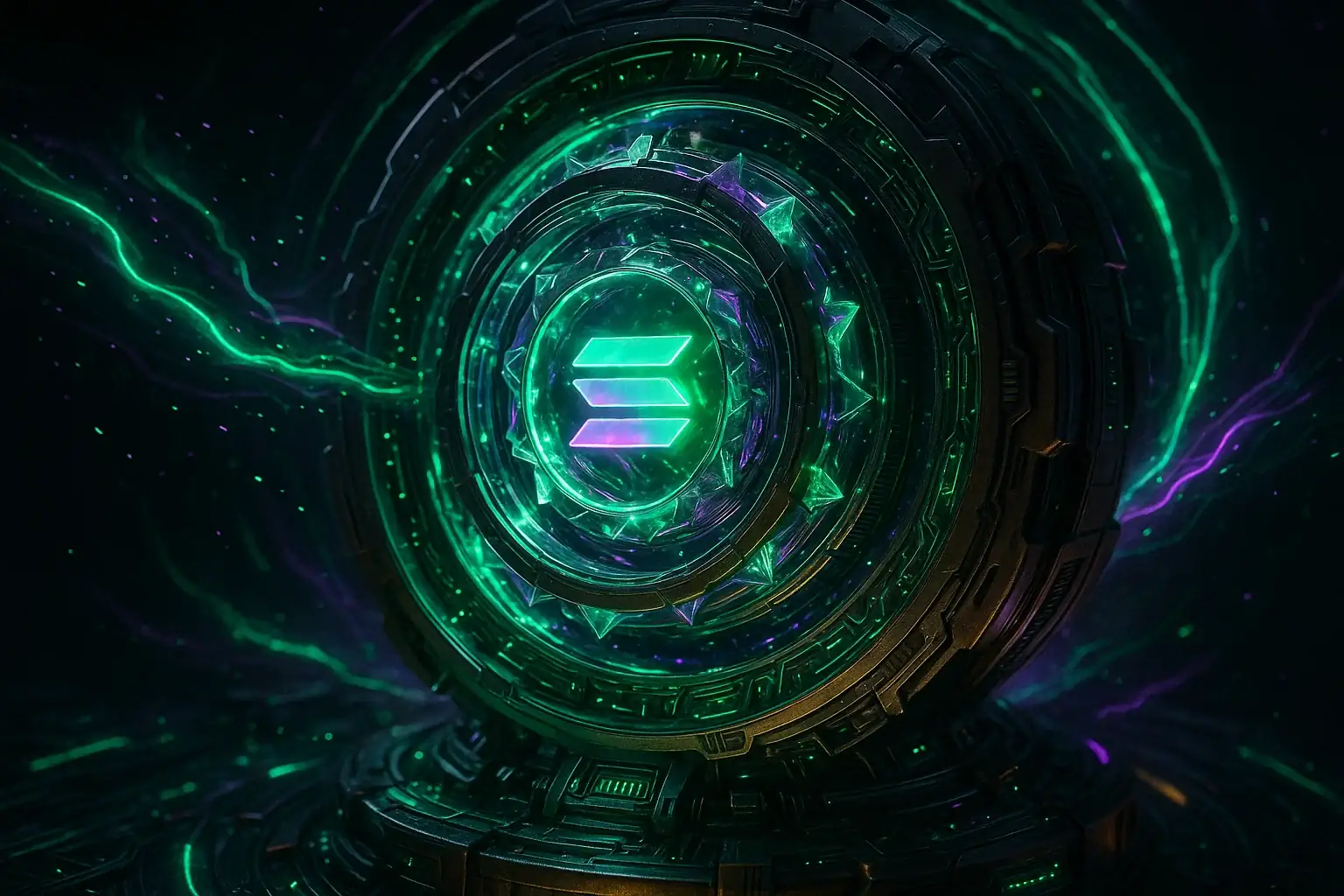Introducing blockchain to Reliance Jio's more than 450 million customers: this is the goal of Polygon, which is laying the foundation for the widespread adoption of Web3 in India. The company continues to strive to strike a balance between speed, scalability and accessibility, without compromising decentralisation.
In an effort to integrate blockchain technology into Jio's current offerings, Polygon (MATIC) is collaborating with the telecommunications giant owned by Mukesh Ambani, India's richest man. The two companies are implementing blockchain-based functionality in the JioSphere web browser, thus avoiding expensive, slow and complex traditional techniques.
Until now, blockchain scaling had 2 paradigms: Monolithic & Modular
- Polygon ※ (@0xPolygon) January 24, 2024
Introducing the next one: Aggregation
A novel solution combining the benefits of monolithic & modular designs by unifying liquidity via safe, near-instant atomic cross-chain txs using ZK proofs.
Feb Mainnet 👇... pic.twitter.com/mE0qssoWyJ
Talking about Polygon's India-focused projects, co-founder Sandeep Nailwal said:
"We are growing at a crazy pace, forging important partnerships and bringing blockchain into the mainstream. But with this growth also comes the responsibility to do everything right."
Maintaining decentralisation ensuring scalability
"At Polygon, we are focusing on the balance between scalability and decentralisation," Nailwal emphasised, stressing the importance of the blockchain's core principles: security, transparency and decentralisation.
Nailwal added that Polygon is investing heavily in zero-knowledge proof technology to facilitate the scalability of the ecosystem.
"The goal is to offer developers and users the best of both worlds: faster and cheaper transactions without sacrificing decentralisation or trust."
Some of the most popular use cases in Web3 are already supported by Polygon, thanks to its low fees, fast transactions and decentralised security. They range from tokenization of real assets with large institutions to stablecoin payments on Polygon PoS.
"Making the blockchain as fluid and user-friendly as Web2 without sacrificing its unique features is the real challenge. That's why we are fully committed to ZK and Agglayer technology, which allows us to grow while maintaining a stable and interoperable ecosystem."
Bringing the blockchain to millions of users
A single strategy is not effective for engaging 450 million users from India's diverse demographic, says Nailwal.
"Based on real use cases, we will work closely with Jio to develop solutions that truly resonate with their users, gradually integrating them into the blockchain world."
According to Nailwal, thanks to Polygon's architecture, developers will never have to give up the essential features of the network, as it can grow without compromising what has made blockchain so powerful from the beginning:
"What excites me the most is that we are going beyond technical debates and solving real problems for real people. It will be these use cases that will drive the next wave of adoption."
In the end, it's not just about technology.
"Our goal is to build a decentralised future that can benefit billions of people. And it is precisely this challenge that is, for me, the most fascinating."
Tackling real problems will drive the next wave of adoption
The technology blockchain, according to Nailwal, can also be used to address the growing risks associated with artificial intelligence tools, such as deepfakes and disinformation. Blockchain-based verification solutions will become increasingly in demand as the need for trusted sources grows in an age of manipulated information.
Nailwal also emphasised the growing importance of Polymarket, a cryptocurrency-based predictive marketplace, in journalism and mainstream finance.
"The success of Polymarket is exactly what we aspired for."
"Predictive markets are proving to be very useful tools for risk assessment, journalism, finance and even governance. They gather data from a variety of sources, often proving to be more reliable than traditional surveys."
Nailwal concluded by saying that he is betting that the immutability of blockchain will revolutionise many areas, including journalism, public policy making and economic forecasting.








